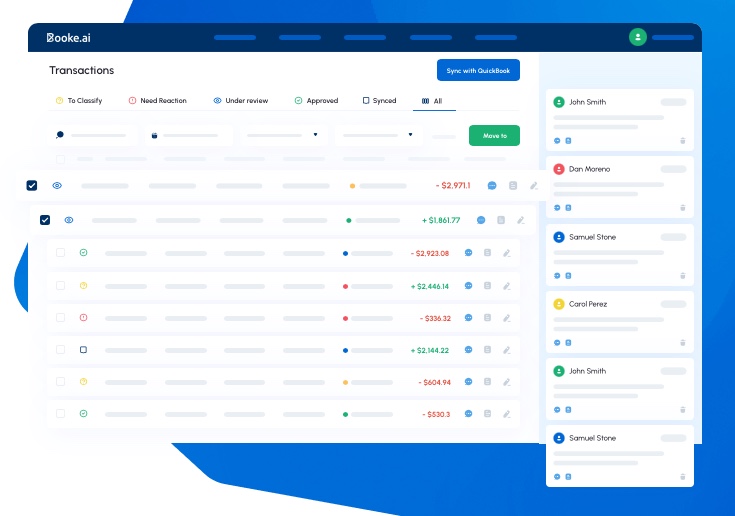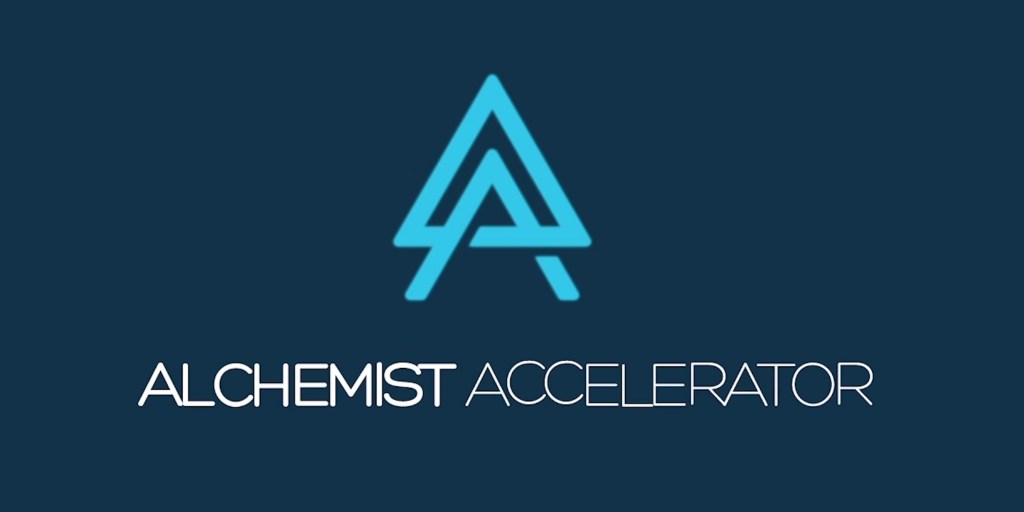Alchemist Accelerator is back with another Demo Day — its 29th Demo Day overall, and the latest in the series to be entirely virtual.
As an enterprise-focused accelerator, Alchemist primarily works with companies that in turn work with other companies. These companies might have consumer-facing bits — but generally, their main drivers are building the things that help others build the things, or improve the things, or sell the things.
Alchemist’s Ravi Belani also shared plans to announce some news during today’s Demo Day, including that:
- They’ve raised $2 million from German chemistry company BASF. While that may seem a bit random, Alchemist has been spinning up a number of partnerships as part of “AlchemistX“, wherein Alchemist helps large companies (like NEC, LG and Siemens) and governments run accelerator programs to spin internal R&D efforts into new companies.
- They’ve hired Ian Bergman, previously a director for Microsoft for Startups (Microsoft’s arm for coaching entrepreneurs and providing startups with free tools), as a partner and head of Product for AlchemistX.
Alchemist’s Demo Day is scheduled to start at 10:30 AM Pacific. It’ll be all virtual, so you can tune in to that on YouTube right here. Below, a quick list of the companies presenting — plus a snippet on what they’re doing as I understand it:
eCommerceInsights.AI: Uses AI to scan reviews about your brand/products, find the common threads and turn them into “actionable insights.”
Wilab: Data analytics for 5G networks, meant to help predict energy/bandwidth needs and shorten outages.

Booke.AI: An AI assistant for bookkeepers. Syncs with things like QuickBooks and Xero to automate repetitive client communications and categorize transactions.
Covision Quality: ML/computer vision-powered system for finding defects in plastic or metal parts during manufacturing.
Grandeur Technologies: Pitching itself as “Firebase for IoT,” they’re building a suite of tools that lets developers focus more on the hardware and less on things like data storage or user authentication.
Deriskly: Uses AI to hopefully keep you from getting sued, monitoring and flagging risky communications and “emerging legal disputes with customers, employees and other stakeholders” across emails/social media/etc.

EVAGo Medtech: Kinect-style movement-detection mashed up with physical rehabilitation, allowing therapists to help patients from afar. Especially helpful during the pandemic, when there are risks involved with having patients travel or having additional people come into a care center.
JSight: An “open source API” standard meant to automatically keep your team’s API documentation up to date.
PAL: A system for helping families with children with autism find qualified caregivers and use wearables/data to improve care.
Revire: Helps companies build AI-powered internal tools, providing machine learning models and UI components to help them analyze their data.
Seabird Apps: A no-code platform for quickly building mobile community apps (with features like messaging, agendas, announcements, etc.) for groups like your neighborhood, school clubs and volunteer orgs.
Slingshot: Where sports scouts might look for prodigies in basketball or football, Slingshot looks for prodigy coders, building a database of talented young developers that companies might want to hire.
Tellus Technologies: Plant-based plastic alternative. “It is completely biodegradable, quickly compostable, and sustainably sourced,” they write.
Werbot: A way to more easily and securely share access to development servers. Users get access to all their servers with a single sign-on, and admins can go back and replay each server session to figure out who broke what.
Kanari AI: Training speech recognition models to better recognize different dialects of the same language.
Portals: A platform meant to help content creators give their fans a home (and, of course, help those creators find new ways to make money).
Asynos: Low-cost sensors for tracking individual items as they go through the supply chain, to prevent loss/waste.

Qummy: An automated oven meant for places like small cafes, bars and gas stations to help them sell meals when kitchen space might be next to nil. Meals are stored frozen — you scan a QR code on the package, toss the whole package into the oven and it handles the heating and timing.
Watts Battery: A big, stackable backup battery for your home. Only need a bit of power in an outage? Grab one. Need more power to keep things like big appliances running? Get three or four of them and just stack them on top to chain them together and provide more juice.
Aratar: This one is still a bit under wraps, but it’s in the crypto space and the company’s website describe itself as an “index coin.”































Comment